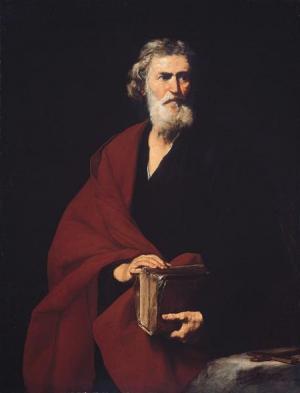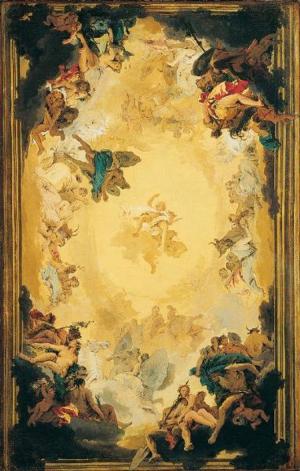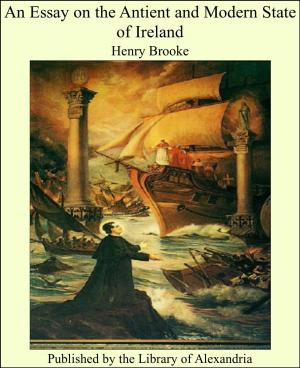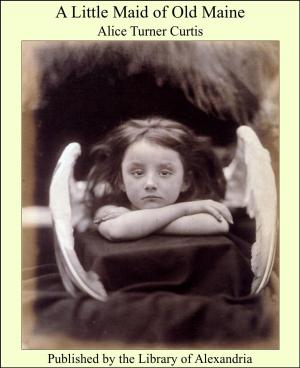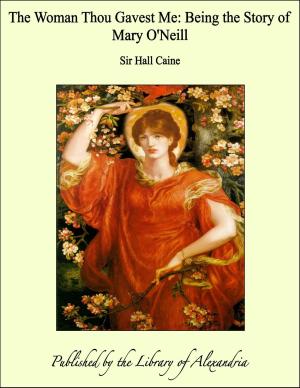Masterpieces of American Wit and Humor
Nonfiction, Religion & Spirituality, New Age, History, Fiction & Literature| Author: | Thomas L. Masson | ISBN: | 9781465501912 |
| Publisher: | Library of Alexandria | Publication: | March 8, 2015 |
| Imprint: | Language: | English |
| Author: | Thomas L. Masson |
| ISBN: | 9781465501912 |
| Publisher: | Library of Alexandria |
| Publication: | March 8, 2015 |
| Imprint: | |
| Language: | English |
Agnes Repplier. A PLEA FOR HUMOR More than half a dozen years have passed since Mr. Andrew Lang, startled for once out of his customary light-heartedness, asked himself, and his readers, and the ghost of Charles Dickens—all three powerless to answer—whether the dismal seriousness of the present day was going to last forever; or whether, when the great wave of earnestness had rippled over our heads, we would pluck up heart to be merry and, if needs be, foolish once again. Not that mirth and folly are in any degree synonymous, as of old; for the merry fool, too scarce, alas! even in the times when Jacke of Dover hunted for him in the highways, has since then grown to be rarer than a phenix. He has carried his cap and bells and jests and laughter elsewhere, and has left us to the mercies of the serious fool, who is by no means so seductive a companion. If the Cocquecigrues are in possession of the land, and if they are tenants exceedingly hard to evict, it is because of the encouragement they receive from those to whom we innocently turn for help: from the poets, novelists and men of letters whose duty it is to brighten and make glad our days. “It is obvious,” sighs Mr. Birrell dejectedly, “that many people appear to like a drab-colored world, hung around with dusky shreds of philosophy”; but it is more obvious still that, whether they like it or not, the drapings grow a trifle dingier every year, and that no one seems to have the courage to tack up something gay. What is much worse, even those bits of wanton color which have rested generations of weary eyes are being rapidly obscured by somber and intricate scroll-work, warranted to oppress and fatigue.
Agnes Repplier. A PLEA FOR HUMOR More than half a dozen years have passed since Mr. Andrew Lang, startled for once out of his customary light-heartedness, asked himself, and his readers, and the ghost of Charles Dickens—all three powerless to answer—whether the dismal seriousness of the present day was going to last forever; or whether, when the great wave of earnestness had rippled over our heads, we would pluck up heart to be merry and, if needs be, foolish once again. Not that mirth and folly are in any degree synonymous, as of old; for the merry fool, too scarce, alas! even in the times when Jacke of Dover hunted for him in the highways, has since then grown to be rarer than a phenix. He has carried his cap and bells and jests and laughter elsewhere, and has left us to the mercies of the serious fool, who is by no means so seductive a companion. If the Cocquecigrues are in possession of the land, and if they are tenants exceedingly hard to evict, it is because of the encouragement they receive from those to whom we innocently turn for help: from the poets, novelists and men of letters whose duty it is to brighten and make glad our days. “It is obvious,” sighs Mr. Birrell dejectedly, “that many people appear to like a drab-colored world, hung around with dusky shreds of philosophy”; but it is more obvious still that, whether they like it or not, the drapings grow a trifle dingier every year, and that no one seems to have the courage to tack up something gay. What is much worse, even those bits of wanton color which have rested generations of weary eyes are being rapidly obscured by somber and intricate scroll-work, warranted to oppress and fatigue.


